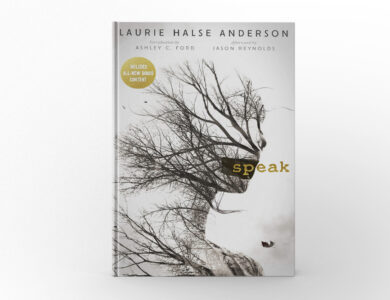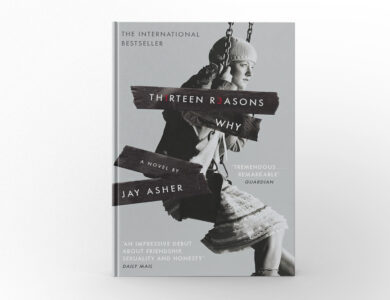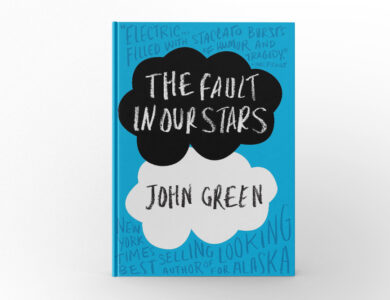The Hunger Games by Suzanne Collins
The Hunger Games: A Dystopian Masterpiece by Suzanne Collins

“The Hunger Games” by Suzanne Collins is a gripping dystopian novel that has captivated readers worldwide. This book, the first in a trilogy, introduces us to a world where survival is a daily struggle and the line between humanity and savagery is blurred. In this article, we will delve into the various aspects of “The Hunger Games,” providing an in-depth summary, exploring its themes, and discussing its impact and legacy.
Author’s Background
Suzanne Collins, an American television writer and author, is best known for her work on “The Hunger Games” series. Before venturing into the world of novels, Collins wrote for children’s television shows, including “Clarissa Explains It All” and “The Mystery Files of Shelby Woo.” Her experience in writing for television is evident in her ability to create vivid, fast-paced narratives that keep readers on the edge of their seats. Collins’ inspiration for “The Hunger Games” came from her fascination with reality TV and the impact of war on children, themes that are intricately woven into the fabric of the story.
In-Depth Summary
“The Hunger Games” is set in a dystopian future in the nation of Panem, which consists of the wealthy Capitol and twelve poorer districts. The story follows Katniss Everdeen, a sixteen-year-old girl from District 12, who volunteers to take her sister Prim’s place in the annual Hunger Games, a televised event where one boy and one girl from each district fight to the death until only one remains.
Katniss, along with her fellow tribute Peeta Mellark, is thrust into a brutal arena where she must use her wits and survival skills to stay alive. The Games are a spectacle designed to entertain the Capitol’s citizens and remind the districts of the Capitol’s power. Throughout the Games, Katniss forms alliances, faces deadly challenges, and grapples with her feelings for Peeta, who has publicly declared his love for her.
As the Games progress, Katniss becomes a symbol of hope and rebellion for the oppressed districts. Her defiance against the Capitol’s rules and her determination to protect Peeta lead to a dramatic and unexpected conclusion, setting the stage for the subsequent books in the series.
Themes and Insights
“The Hunger Games” explores several profound themes, including:
- Survival and Sacrifice: The novel highlights the lengths to which individuals will go to survive and protect their loved ones. Katniss’s decision to volunteer for the Games is a poignant example of self-sacrifice.
- Power and Oppression: The Capitol’s control over the districts and the Hunger Games themselves serve as a stark commentary on the abuse of power and the impact of oppression on society.
- Reality vs. Perception: The Games are a carefully orchestrated spectacle, blurring the lines between reality and entertainment. This theme resonates with contemporary discussions about media manipulation and reality TV.
- Humanity and Morality: The characters in the novel are constantly faced with moral dilemmas, forcing them to question their humanity and the ethical implications of their actions.
Personal Reflections
Reading “The Hunger Games” was a transformative experience for me. The novel’s portrayal of a dystopian society where the powerful exploit the weak resonated deeply, making me reflect on the real-world parallels. Katniss’s journey from a girl struggling to survive to a symbol of rebellion and hope was both inspiring and heart-wrenching. Her resilience and determination in the face of overwhelming odds reminded me of the importance of standing up for what is right, even when it seems impossible. The book also made me more aware of the impact of media and how it can be used to manipulate perceptions and control narratives. Overall, “The Hunger Games” left a lasting impression, prompting me to think critically about power, survival, and the human spirit.
Recommendation
“The Hunger Games” is a must-read for fans of dystopian fiction and anyone interested in thought-provoking narratives that challenge societal norms. Suzanne Collins’ masterful storytelling and the richly developed world of Panem make this book an engaging and unforgettable experience. Whether you’re a young adult or an adult reader, “The Hunger Games” offers a compelling exploration of human nature and the complexities of survival.
Impact and Legacy
Since its release, “The Hunger Games” has had a significant impact on popular culture and literature. The book’s success led to a blockbuster film adaptation, further cementing its place in the cultural zeitgeist. The series has inspired countless discussions about its themes and has been credited with revitalizing interest in dystopian fiction for young adults.
The character of Katniss Everdeen has become an iconic figure, representing strength, resilience, and the fight against injustice. The novel’s exploration of media manipulation and the consequences of war continues to resonate with readers, making it a timeless piece of literature.
Conclusion
In conclusion, “The Hunger Games” by Suzanne Collins is a powerful and thought-provoking novel that offers a chilling glimpse into a dystopian future. Its exploration of themes such as survival, power, and morality, combined with its compelling characters and gripping narrative, make it a standout work in the genre. Whether you’re revisiting the book or discovering it for the first time, “The Hunger Games” is a story that will stay with you long after you’ve turned the last page.





